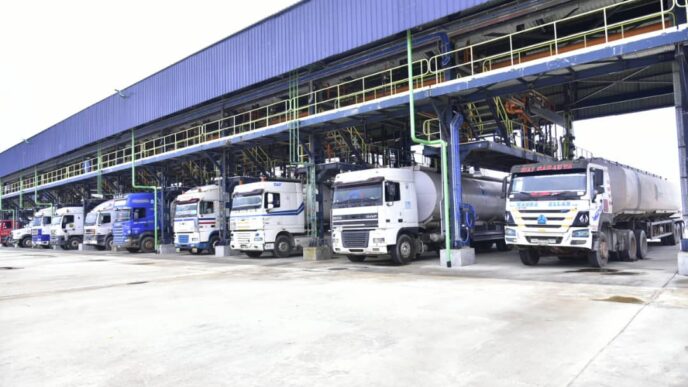The United Kingdom has released its white paper on immigration which details changes across various sectors.
A white paper is an official government document which presents the final version of a government’s proposal.
Sometimes, they include a draft version of a planned bill.
The Keir Starmer-led British administration published the bulky 82-page document on Monday.
Advertisement
Starmer said the changes will “finally take back control of our borders”.
Speaking at a press conference, the prime minister blamed the Tories for shooting up immigration numbers in the time they held power.
“Now, make no mistake — this plan means migration will fall. That’s a promise,” Starmer said.
Advertisement
“But I want to be very clear on this. If we do need to take further steps, if we do need to do more to release pressure on housing and our public services, then mark my words — we will. But it’s not just about numbers.”
Here are the major changes.
ENDING SOCIAL CARE VISAS
Social care work is one of the visa routes to the UK. It allows qualified doctors, nurses, health professionals, and adult social care professionals to migrate to the UK and bag eligible health or social care jobs for approved employers, including the NHS or registered social care providers.
Advertisement
In the new white paper, the British government said it would end overseas recruitment for social care visas “in line with our wider reforms to skills thresholds”.
“For a transition period until 2028, while the workforce strategy is being developed and rolled out, we will permit visa extensions and in-country switching for those already here. This will be kept under review,” it added.
LONGER SETTLEMENT ROUTE FOR MIGRANTS, SHORTER TIME FOR STUDENTS
Prior to the changes, the qualifying period for settlement in the UK was pegged at five years. That has now been doubled.
Advertisement
The revision was made to ensure that those who remain in the UK are significant contributors to the economy, the paper said.
“High-value” contributors were named as those working in healthcare and technology.
Advertisement
In addition, the length of time graduates can remain in the UK after their studies will be reduced to 18 months.
“We will strengthen the requirements that all sponsoring institutions must meet in order to recruit international students,” the administration noted.
Advertisement
Further details on the increased settlement route are expected to be sent to parliament by the end of the year.
ENGLISH TESTS FOR DEPENDANTS
Advertisement
Changes also introduced are new English language requirements across a broader range of immigration routes, for both main applicants and their dependants.
Previously, dependants were not required to take these tests.
There will be “an assessment of improvements over time”.
FOREIGN NATIONAL OFFENDERS AT HIGHER RISK
The white paper mandates the Home Office to be informed of all foreign nationals convicted of offences — not just those who go to prison.
“Review deportation thresholds to take into account a wider range of factors than just the length of sentence, and start by revising the statutory exceptions criteria to ensure that the deportation test reflects the seriousness of violence against women and girls,” the Home Office said.
A review of the thresholds for deporting foreign national offenders is also among the revisions.
FASTER DEPORTATIONS
As part of efforts to facilitate faster deportations, “measures” will be taken to ensure other governments support the return of their nationals.
These measures were not specified.
Rwanda currently has a strained relationship with the UK over a failed asylum deal.
REDUCTION IN INTERNATIONAL RECRUITMENTS
The immigration document said the government will create a Labour Market Evidence Group which will use data to make decisions about the state of the labour market and reduce reliance on international recruitment.
As such, only occupations with long-term shortages will be able to recruit from abroad — as long as a workforce strategy is in place and employers are committed to increasing domestic recruitment.
The document noted that there will be an increase in the minimum salary requirement for skilled workers at graduate level, but discounts from that threshold will be abolished.
Without immigration controls, the UK risks becoming an “island of strangers, not a nation that walks forward together”, Starmer said.








